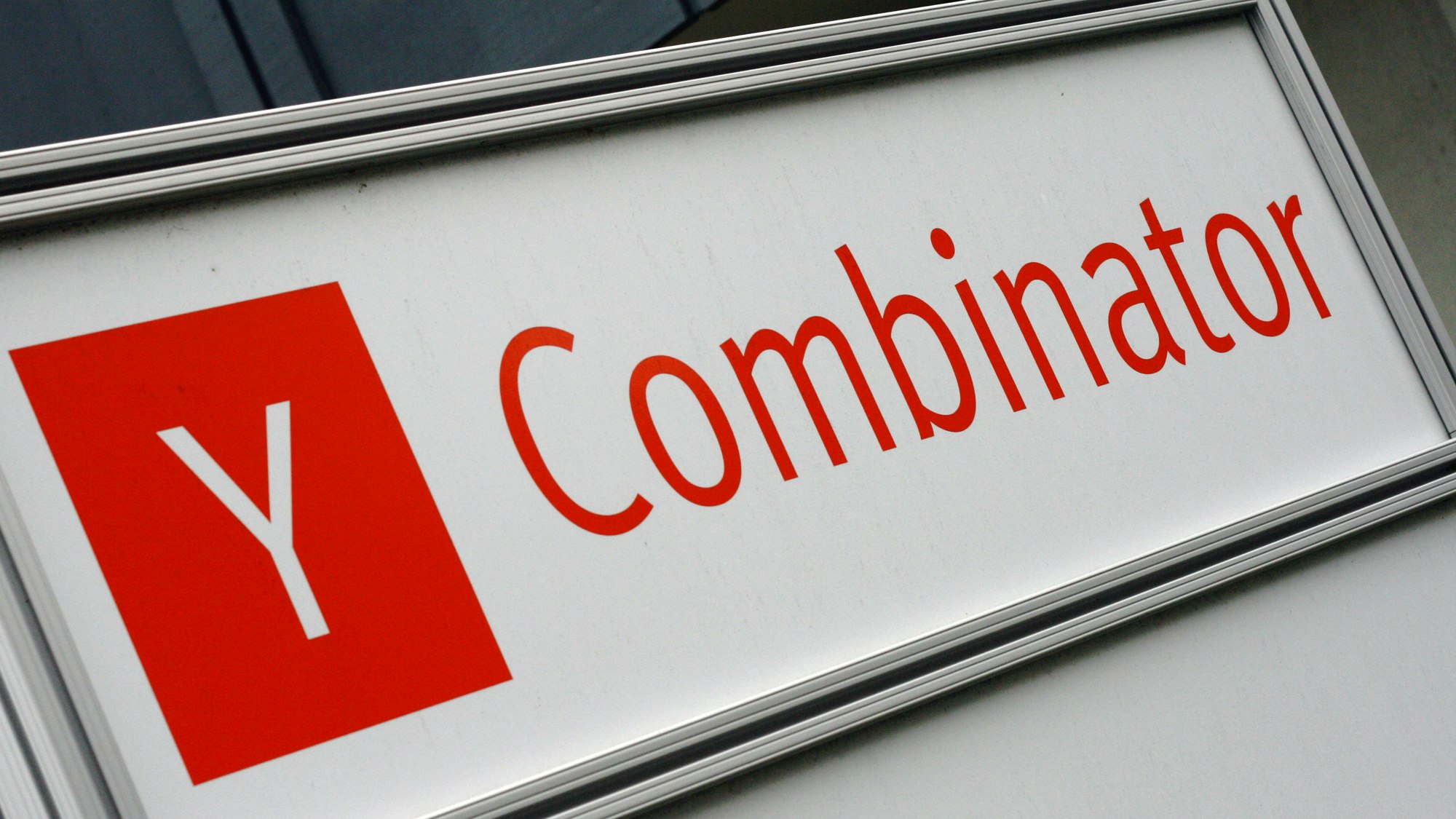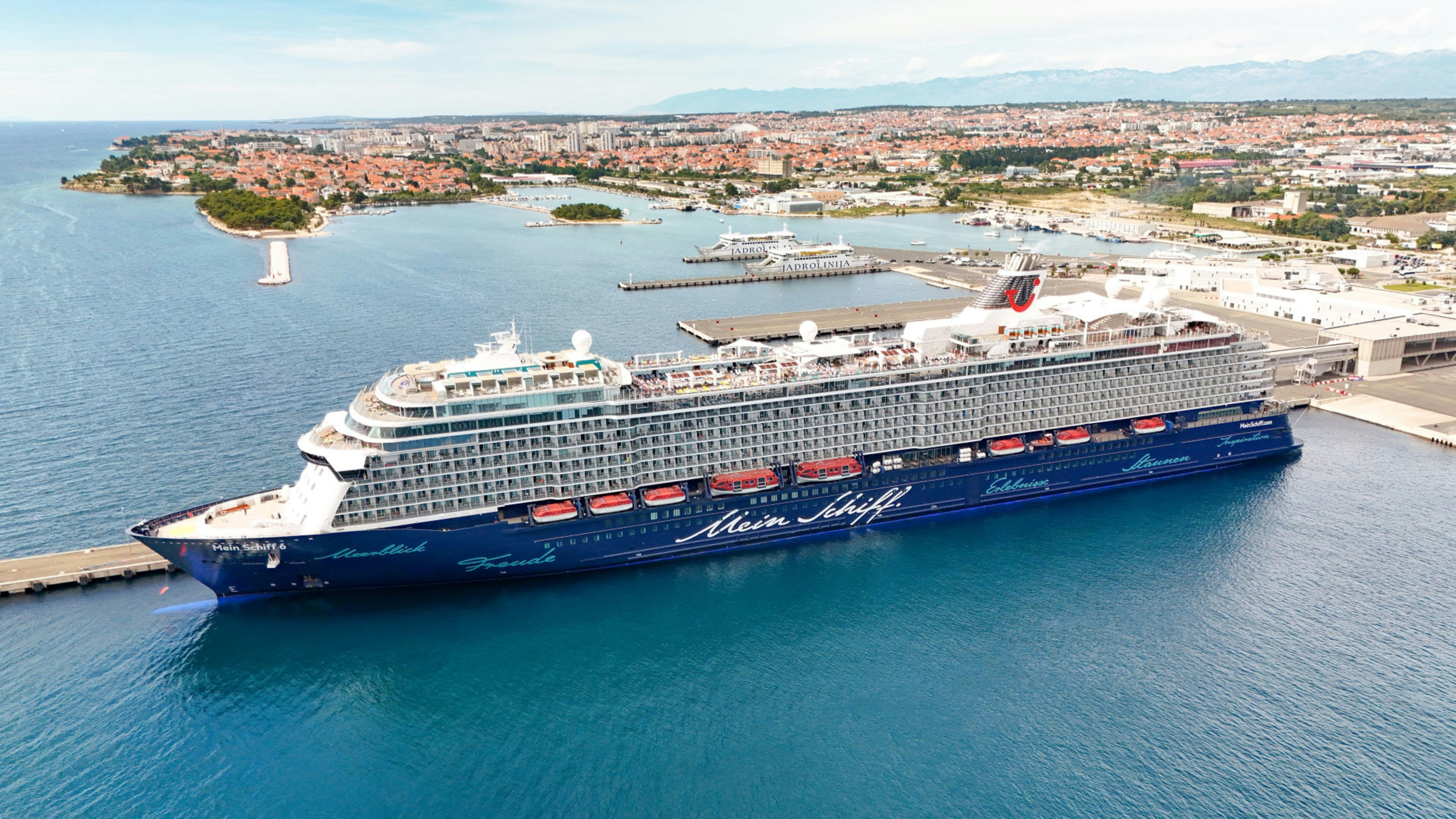Y Combinator, the legendary start-up incubator from San Francisco, which has already launched companies like Airbnb, Reddit, and Stripe, ventures into new territory with its latest investment in Ares Industries. For the first time in its 19-year history, Y Combinator is supporting a defense company, signaling a shift in the technology incubator's investment strategy.
Ares Industries, a recently founded start-up, specializes in the development of cost-effective cruise missiles. These are intended for potential use in a conflict between the USA and China over Taiwan. The founders of Ares, Alex Tseng and Devan Plantamura, argue that the current U.S. weapon systems would be exhausted within weeks in such a scenario and are "too large and expensive for today's wars.
Ares claims that its anti-ship cruise missiles, priced at $300,000 each, will be 'ten times smaller and ten times cheaper' than today's alternatives. On the Y Combinator website, Tseng is quoted with the brief statement: 'Rockets are cool.' A detailed statement from Tseng and Plantamura regarding their startup has not yet been provided.
Y Combinator's Decision to Support Ares Marks a Significant Departure from Focusing on Software Start-ups, E-Commerce Companies, and Fintechs. The Investment Reflects a Broader Trend: Given the Current Geopolitical Tensions in Europe and the Middle East, as well as the End of Low-Interest Rate Policies, More Technology Investors Are Turning to the Military Sector. This Development Is Further Fueled by Interest in Start-ups That Aim to Modernize America's Defense Industry and Capture a Portion of the Annual Defense Budget of About 800 Billion Dollars.
The US defense market is traditionally dominated by an oligopoly of large contractors such as Raytheon and Boeing, who receive the majority of government contracts. However, start-ups like Anduril Industries, which recently raised $1.5 billion to accelerate the production of autonomous weapons for the US military, are increasingly entering this market. The investment in Anduril was led by Peter Thiel's Founders Fund, one of the first major venture capital firms to recognize the potential of defense technology.
In recent years, venture capital investments have increasingly flowed into the defense sector, including from established companies such as Andreessen Horowitz and General Catalyst. For example, Sequoia Capital, one of the most renowned firms in Silicon Valley, recently invested in the arms industry for the first time, supporting startups like Mach Industries, which specializes in hydrogen weapons, and Neros, a drone manufacturer supplying Ukraine with quadcopter drones for data collection, demining, and offensive missions.
A founder of another YC-funded start-up emphasized that the current geopolitical situation and the end of the zero-interest policy have led to a more pragmatic approach. The reactions to Ares Industries within the Y Combinator start-up community have been positive. "People support developers who build cool, challenging things," said the founder.
In contrast to traditional defense companies, the new start-ups focus on developing more cost-effective and quickly mass-producible weapon systems and drones. Anduril, for example, plans to invest its new funds in building a network of weapons factories that will adopt modern manufacturing techniques similar to those used by Tesla.
Jared Friedman, partner at Y Combinator, explained that the company had actively begun encouraging defense technology startups to apply earlier this year. "Why now? It's not that we hadn't funded them before, but this is the first time a great company like this has applied," said Friedman.
With this investment, Y Combinator could not only diversify its portfolio but also advance technological progress in the defense industry – a sector that is increasingly coming into focus due to global tensions.







